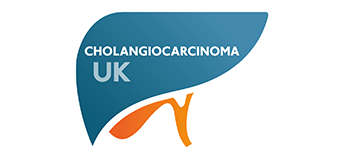Chemotherapy
Chemotherapy is the use of anti-cancer (cytotoxic) drugs to destroy cancer cells.
Chemotherapy may occasionally be used after surgery if the cancer could not be completely removed by the operation. It may also be used to treat Cholangiocarcinoma if surgery is not possible. The aim of chemotherapy is to try to shrink or slow down the growth of the cancer and to relieve symptoms.
Efforts to improve chemotherapy by researching new drugs or new combinations of drugs are being made through clinical trials. This is often how patients with Cholangiocarcinoma receive chemotherapy. Research is also being carried out to find out if giving chemotherapy after surgery can help to reduce the risk of cancer returning.
The best chemotherapy for Cholangiocarcinoma remains to be determined. Data from several studies has suggested that single-agent gemcitabine or gemcitabine combined with cisplatin or oxaliplatin represents an active and well tolerated regimen. However, the role of 5-FU and leucovorin with cisplatin as well as oxaliplatin versus 5-FU and leucovorin with cisplatin needs further study.
Recently however, cisplatin plus gemcitabine has been associated with a significant survival advantage without the addition of substantial toxicity. Cisplatin plus gemcitabine is now considered an appropriate option for the treatment of patients with advanced biliary cancer. (ClinicalTrials.gov number, NCT00262769.)
Dr John Bridgewater talks about bile duct cancer and the gemcitabine/cisplatin study.
For more specific details on chemotherapies currently used to treat cholangiocarcinoma, see “Guidelines for Diagnosis and Treatment”.
Chemoradiation
This is a combination of chemotherapy and radiotherapy given together and may be used after surgery to remove cholangiocarcinoma or for cancers that cannot be removed surgically.
Cholangiocarcinoma







